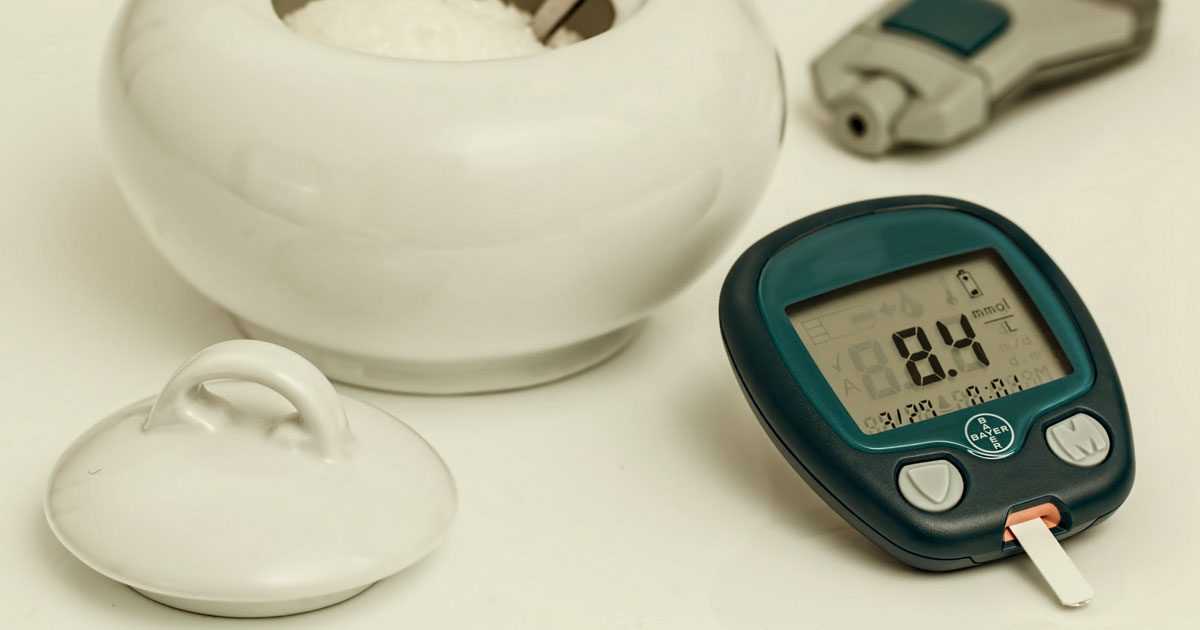Pregnancy is one of the most challenging times for a woman. A female’s body undergoes dynamic changes during gestation (pregnancy period). Due to these changes, complications may sometimes arise which can harm both the mother and baby – one of them being gestational diabetes.
Gestational Diabetes:
It is a condition that develops during pregnancy. Just like any other diabetes, gestational diabetes affects the working of cells to utilize sugar (glucose) in the bloodstream. This causes a high level of sugar in your blood that can threaten your pregnancy and your baby’s health.
Visit marham.pk to contact the best gynecologists in Karachi, best gynecologists in Lahore, and best gynecologists in Islamabad.
Cause of Gestational Diabetes:
In all honesty, researchers don’t have a clue why some women acquire gestational diabetes. During gestation, the placenta, which connects the baby to your blood supply, produces several hormones that can interfere with the action of insulin in your cells leading to an increase in blood glucose level. It’s normal to have a slightly elevated blood sugar level after meals during pregnancy.


As the growth of the baby progresses, the placenta secretes more and more insulin-counteracting hormones. In case of gestational diabetes, the placental hormones provoke a rise in blood sugar to an extent which can affect the growth and welfare of your baby. Gestational diabetes usually develops during the last half of pregnancy — sometimes as early as the 20th week, but generally not until later.
You can find the best endocrinologists in Islamabad, Karachi, etc., via marham.pk. They can help you manage blood sugar levels during and after pregnancy.
Effects of Gestational Diabetes on your Baby:
Gestational diabetes can prove to be harmful to your baby by increasing the risk of following conditions:
Increased Birth Weight:
Availability of extra glucose in your bloodstream triggers the baby’s pancreas to produce more insulin. This can cause your baby to grow extra large (macrosomia) which may lead to injuries attained during birth, or a C-section birth.


Premature Birth:
Premature birth has fairly high percentage of women with gestational diabetes. The doctor may suggest an early delivery due to the large size of the baby.
Respiratory Distress Syndrome:
It is a condition in which the baby has trouble in breathing normally. Medical care is needed to help the babies to breath properly until their lungs mature. A pulmonologist will take care of your baby until she is fine. You can find the best pulmonologist in Karachi, Lahore or any other main city of Pakistan via marham.pk.
Low Blood Sugar (hypoglycemia):
Occasionally babies of mothers with gestational diabetes develop low blood sugar (hypoglycemia) shortly after birth because their own insulin production is high. Severe hypoglycemic cases may provoke seizures in the baby. Immediate feedings and sometimes an intravenous glucose solution is required to bring the baby’s blood sugar level to normal.
Type 2 Diabetes Later in Life:
Babies of mothers who have gestational diabetes have a higher risk of gaining obesity and type 2 diabetes later in life.
Gestational diabetes, if not treated, can result in the death of the baby either before or shortly after birth. No guarantee can be provided in the prevention of gestational diabetes but healthy habits like eating healthy foods, remaining active, and losing a few pounds prior to pregnancy can make a great difference, as most patients give birth to normal healthy babies by keeping their health stats in check.







